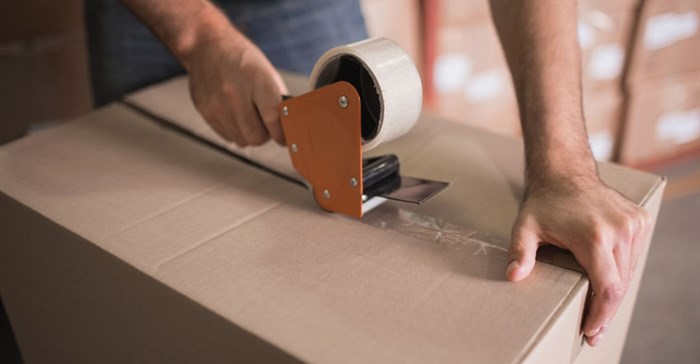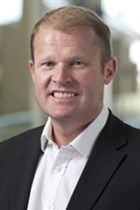
Brands that have found distributors who tick the right boxes, discover more often than not that they lack skills and capabilities to meet their vigorous demands. Having mostly evolved from traders and wholesalers, they often lack skills and capability in terms of how they structure their business, how they build and execute their business plans, how they interact with the branded suppliers. When modern trade evolves, the problem is compounded as brands become more demanding - expecting the distributor to enable themselves when change happens. What happens instead, is a distributor not being able to meet requirements of modern trade because it doesn't have the skills and has not invested in growing its own capabilities.
If suppliers want to continue operating remotely, they need to take ownership of building capability with the distributor as up-skilling staff does not make business sense to them. In addition, developments in modern trade have an impact on African distributors, and create further complexities. One example is the procurement payment model. When regional traders want to ship stock from SA, this creates a greater demand on distributors in terms of managing ahead, merchandising, returns and so on, yet they are not rewarded for the effort and time. Operating in Africa requires a different mindset. Brands have to gear themselves to manage the business, manage the distributor and understand the dynamics in market so they can ensure mutual trust and successful distribution.
For a brand to succeed in Africa, its teams will have to manage distributors. Even if a manufacturer sets up office in a country, its presence does not guarantee its success because it's crucial to perfect the distribution and route to market. When it comes to partnering a distributor in Africa, trust between organisations is important. A distributor will withhold information if there is a risk that a supplier will reach critical mass and begin distributing independently. The aim is to keep suppliers in a place where the distributor still has the power. They will sooner add another principal than engage with existing suppliers to grow business, which is why trust is important in order to maintain the relationship.
When looking for a distribution partner, consider this:
To succeed in Africa, you need a solid entry strategy. Brands have to manage the business, manage the distributor and understand the dynamics in market so they can check the distributor is doing their job properly. If you are looking at expanding into Africa for the first time or are having concerns with your distributor, you may want to consider bringing in an expert consultant who specialises in African strategy. This means you would have experts helping design the route-to-market strategy, source the appropriate distributor for the strategy, assess their capabilities and address critical areas, as well as guide you with best practice distribution management tools.
